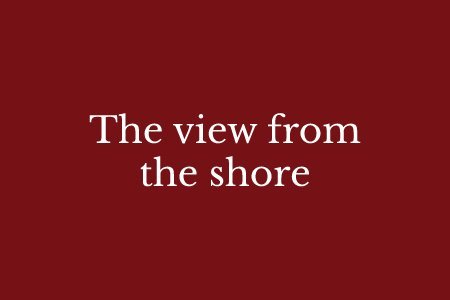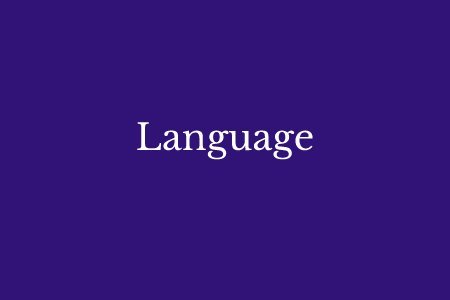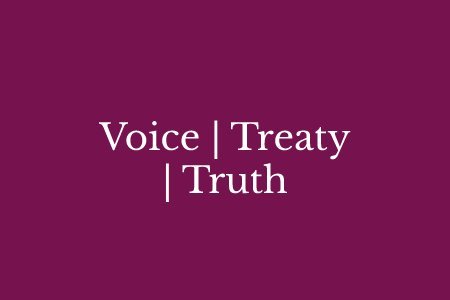The Portico Library acknowledges Aboriginal and Torres Strait
Islanders as the First Peoples and Custodians of lands, waters and culture throughout Australia. We pay respect to the traditional owners, the elders past, present and emerging
and thank them for their ongoing caretaking.
*Please note: Aboriginal and Torres Strait Islander people should be aware that these pages may contain images, voices or names of deceased persons in photographs, film, audio recordings, or printed material.*
What it is to be here
It’s 250 years since Gweagal people in Kamay (Botany Bay) encountered strangers coming towards their shore.
Those strangers, directed by Lieutenant James Cook, went on to map and claim the entire east coast of what is now known as Australia for King George III of Great Britain, calling it New South Wales.
The line Cook drew on his chart to complete this coast visually predicts the coming containment and control of the First Nations peoples here, while sparking new possibilities for Britain and its Empire.
The idea of Australia as a homogenous place grew in the imagination of British people and governments.
For more than 250 nations of local people though, the Gweagal, Eora, Dharug, Guugu Yimithirr, and more across the country, the mark-making foreshadowed irrevocable and catastrophic changes to come.
Aboriginal and Torres Strait Islander peoples have never ceded sovereignty of their lands and waters, and remain custodians and caretakers of Country*.
“But you, Captain Cook, I know you been stealing country belong to me fellow. Australia, what we call Australia, that’s for Aboriginal people. But him been take it away. You been take that land, you been take the mineral, take the gold, everything. Take it up to this Big England. And make all that thing and make your big Parliament too.
”
Acknowledgements:
What it is to be here was conceived and curated by Dr Helen Idle with James Moss (The Portico Library)
With heartfelt thanks to all the crew and volunteers at The Portico Library.
Thanks also to:
Lindsey Loughtman and Stephen Welsh, Manchester Museum
Apapat Jai-in Glynn
Tamarind Meard AIATSIS
Rene Kulitja and Angela Lynch, Ngaanyatarra Pitjantjatjarra Yankunytjatjara (NPY) Women’s Council
Menzies Australia Institute
Rhett Hammerton
Thomas Mayor
Helen pays her respect to the custodians of Noongar Boodjar, where her Manchester ancestors arrived and in whose country they were sustained.










